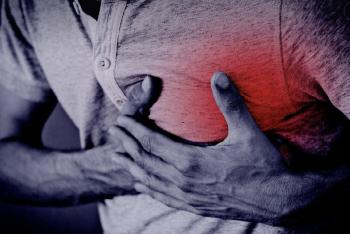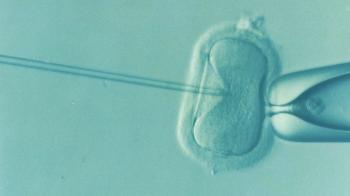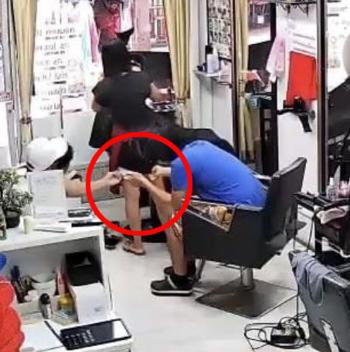Nowon Eulji Hospital Introduces PSMA PET/CT Examination for Prostate Cancer...Increase the accuracy of the use of the latest radioactive drugs
May 15, 2025
Nowon Eulji University Hospital has introduced PSMA PET/CT tests for prostate cancer patients.
The PSMA PET/CT test is a three-dimensional imaging test that identifies radiation signals from prostate cancer or metastatic cancer cells as images through a positron emission tomography (PET/CT) device.
Of particular note is radioactive drugs used in imaging tests.
Nowon Eulji Hospital uses F-18 PSMA-1007, the latest radioactive drug, as an injection when taking video. The principle of binding the drug specifically and selectively to prostate cancer cell membrane antigens (PSMA) is the same as other radioactive drugs that have been commonly used in existing prostate cancer PSMA PET/CT tests.
However, existing drugs are excreted in urine, increasing radioactivity in the bladder, ureter, and urethra around major lesions of prostate cancer, while F-18 PSMA-1007 is excreted through the liver and biliary tract, making prostate cancer lesion evaluation more useful.
It is also useful not only for diagnosing prostate cancer but also for determining recurrence or metastasis after surgery due to its high sensitivity and specificity. With these advantages, it is also attracting attention as a treatment alternative for patients with metastatic castration-resistant prostate cancer who have developed resistance to male hormone suppression treatment.
Professor Jin So-young of the Department of Nuclear Medicine at Nowon Eulji University Hospital said, "With the introduction of the new test technology, the headquarters where robotic surgery for urinary diseases such as prostate cancer and prostate cancer was actively carried out will provide higher medical services to the next level. We will proactively introduce a nuclear medical diagnosis system that can increase the accuracy and stability of treatment."," he said.
The PSMA PET/CT test is a three-dimensional imaging test that identifies radiation signals from prostate cancer or metastatic cancer cells as images through a positron emission tomography (PET/CT) device.
Of particular note is radioactive drugs used in imaging tests.
Nowon Eulji Hospital uses F-18 PSMA-1007, the latest radioactive drug, as an injection when taking video. The principle of binding the drug specifically and selectively to prostate cancer cell membrane antigens (PSMA) is the same as other radioactive drugs that have been commonly used in existing prostate cancer PSMA PET/CT tests.
However, existing drugs are excreted in urine, increasing radioactivity in the bladder, ureter, and urethra around major lesions of prostate cancer, while F-18 PSMA-1007 is excreted through the liver and biliary tract, making prostate cancer lesion evaluation more useful.
It is also useful not only for diagnosing prostate cancer but also for determining recurrence or metastasis after surgery due to its high sensitivity and specificity. With these advantages, it is also attracting attention as a treatment alternative for patients with metastatic castration-resistant prostate cancer who have developed resistance to male hormone suppression treatment.
Professor Jin So-young of the Department of Nuclear Medicine at Nowon Eulji University Hospital said, "With the introduction of the new test technology, the headquarters where robotic surgery for urinary diseases such as prostate cancer and prostate cancer was actively carried out will provide higher medical services to the next level. We will proactively introduce a nuclear medical diagnosis system that can increase the accuracy and stability of treatment."," he said.
|
This article was translated by Naver AI translator.














